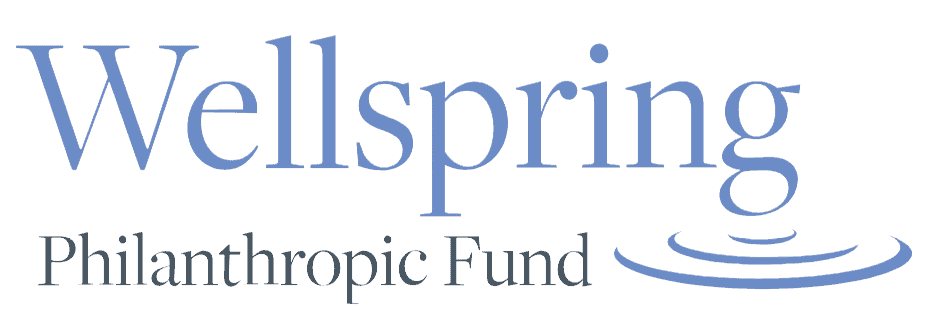Empowering Pre-Schools, Primary Schools and Secondary Schools to Achieve SDG4 by 2030
What
Schools2030 is a ten-year participatory action research and learning improvement programme based in 1,000 government schools across ten countries.
Using the principles of human-centred design and focusing on the key transition years of ages 5, 10 and 15 years old, Schools2030 seeks to catalyse locally-rooted, teacher-led education solutions to improve holistic learning outcomes for the most marginalized learners worldwide.
WHERE
Schools2030 will work across ten countries for its initial launch in 2020:
BRAZIL
INDIA
KENYA
PAKISTAN
PORTUGAL
TANZANIA
UGANDA
WHO
Schools2030 will collaborate with:
IN THE GLOBAL SOUTH
Through its annual dissemination of evidence at local, national and global forums, Schools2030 is estimated to indirectly reach 10 million learners and 2 million teachers.
How
Schools2030 will involve a new, historic coalition of leaders in international early childhood development and education to:
- Identify and support 1000 innovative schools/communities from the global south that demonstrate new strategies to improve holistic learning outcomes for marginalized children/youth.
- Generate actionable evidence about ‘how’ school actors can improve lifelong education by tracking the learning progression of children/young people in relationship to school-based solutions.
Three Simultaneus Cohorts

Schools 2030 will track the relationship between school-driven solutions and holistic learning outcomes of students across three cohorts from 2020 to 2030:
PRIMARY SCHOOL
SECONDARY SCHOOL
We Use a 6-Step Model that Enables Teachers to Generate New School-Level Solutions about What Works to Improve Learning Outcomes
STEP ONE:
ASSESS
Teachers conduct rapid holistic learning assessments with their students using the PROMISE3 App and new learning assessment tools
STEP TWO:
DESIGN
Teachers lead a 10-phase Human Centered Design process for designing new learning improvement solutions for their classrooms and schools.
STEP THREE:
FUND
Teachers receive school-based grants to support their school-level solutions over an academic year.
STEP FOUR:
TRACK
Teachers track the relationship of new solutions to the learning progression of children across three age groups.
STEP FIVE:
ITERATE
Teachers collaborate with local/global learning partners to generate new evidence their new learning innovations.
STEP SIX:
SHOWCASE
Teachers showcase 1000 solutions each year at national/global forums to inspire systems-level
change for improving
Quality learning at scale
Why
Rarely are school leaders, teachers and students invited to listen, reflect, and self-discover the wisdom that lies among them about ‘what works’ to improve quality learning for all. Even rarer are instances where invitation, dialogue and self-discovery lead to long-term community actions and external investments, guided by data that the school collects, processes, and uses to achieve holistic learning outcomes for all.
Schools2030 seeks to dramatically change the status quo by equipping frontline teachers and school leaders with the knowledge, skills, and platforms to better design, measure and showcase new solutions to achieve SDG4 by 2030.
As a result, Schools2030 offers a new global pulse about how to operationalize SDG4 in classroom practice from the bottom-up and amplify the often under-represented insights, creativity, and resilience of the heroic frontline teachers and school stakeholders striving to achieve quality learning for all.
Donors
Schools2030 is supported by a visionary and historic consortium of nine philanthropic partners that bring their collective technical expertise and financial resources together to promote and scale effective innovations for improving holistic learning outcomes at scale:
